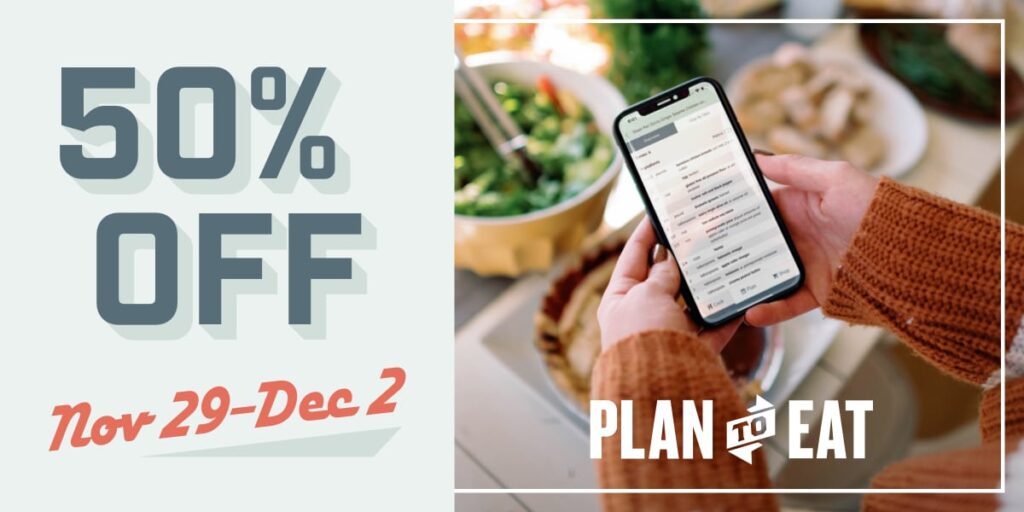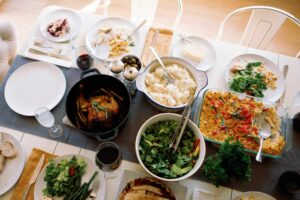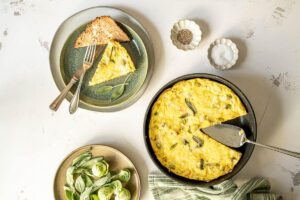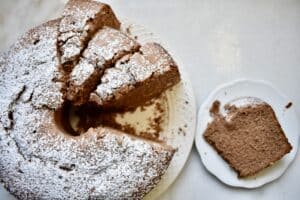New Nutritional Features
We have some good news if you are one of the many people that have asked for the ability to input nutritional information for your recipes. Recently we added the ability to add calories, nutritional score, and estimated cost to your recipes. We have a few plans how this information will be used on the At times our food philosophy feels like a flavor of the month. But in looking over the past several years we have definitely moved in a steady direction. Currently, our thoughts on the food we eat has been heavily shaped by Michael Pollan’s Food Rules. It is a great little book with very simple bits of advise on how to eat and what to eat. I love that Pollan does not tell us how many calories we should consume or how much fat or what are good carbs and bad carbs, or any of the other current buzz words about food. It is clean and simple and I so need that. I find that the more I focus on calories and fat and good food and bad food, the more obsessed with food I become which makes me hate food.
Here are some of my favorite of his “rules”:
#1 Eat Food…real food not the chemicallized varieties in the middle of most grocery stores that Pollan calls “edible food-like substances”.
#7 Avoid food products containing ingredients that a third-grader cannot pronounce. In other words keep it simple and real.
#13 Eat only foods that will eventually rot. I find this one funny, and yet rather obvious when you think about it. If you have seen Super Size Me you may have seen the experiment at the end to see how long it would take for a fast food hamburger and french fries to start to mold and…rot. They compared this to a local restaurant hamburger and fries that used fresh ingredients. It was remarkable! The local restaurant’s food started to mold after 1 week. After I think about 1 1/2 YEARS, the fast food burger and fries looked pristine. And we put that into our body! So, only eat food that bacteria want to eat too!
#22 Eat mostly plants, especially leaves. This one has been a big adjustment for us and we are still working on it. But we all feel better when we eat more plants! We have stared changing our kids snacks from bread and crackers to any fruit or veggie that they will eat. It has actually been easier than I thought. This will take us a while to really get good at. I am looking forward to summer and the abundance of yummy plants!
#27 Eat animals that have themselves eaten well. This seems like a an obvious thing, yet so many commercially produced animals are fed food they were never meant to exclusively eat. Now, I am not a vegetarian, but it seems like a matter of course that animals should be well fed according to the needs of their bodies and they should be treated well. This does not seem like rocket science to me, yet it rarely happens in our mass production of animals for consumption. No animal was meant to eat exclusively corn and soy and live, packed tightly, knee deep in their own feces. How then are we surprised that we are getting so sick when this is how we treat the food we eat. These things must change, and this can only happen with our decision’s at the store!
#39 Eat all the junk food you want, as long as you cook it yourself. I love this one! This is not a prohibition on good food! It simply says make sure that you know what is going into the “junk” you are eating. The other big piece of this, as Pollan points out, we are much less likely to make ourselves french fries all the time if we have to peal the potato, then slice it, then fry it. But how wonderful it will be when we really have the urge.
#44 Pay more, eat less. It costs more for good food since the middle of the grocery store “edible food like substances” are made primarily from corn and soy that are heavily subsidized by the government. Real food costs more. But the savings in doctor bills will balance it all out. And ultimately, eating good food when hungry and stopping when before full, is far and away better than any diet plan that has us counting calories and fat. This is mostly about expectations and habits. Eating well does not have to cost a lot. But our expectation have to change about what we are eating. Volume is our biggest issue, not calories. Reduce volume and the calories will be reduced too.
Pollan’s simple summery of his book is “Eat food, mostly plants, not too much.” It is a great little book and very easy to read! I highly recommend it.





